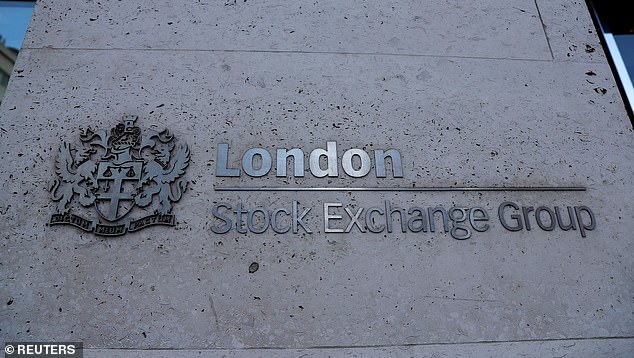Earlier this year, I was invited to a soiree at the trendy Malmaison Hotel in London, a sniff away from Smithfield meat market.
The occasion was the 150th anniversary of Foreign & Colonial, an investment trust that through thick and thin (the 2008 financial crisis, two world wars, depressions and recessions) has made money for its shareholders.
In keeping with the trust’s modesty, it was a rather subdued evening as manager Paul Niven, an intelligent but somewhat dour Scot, outlined his thoughts on the fund’s longevity and the outlook for equities.





37 trusts have cut charges this year, including stalwarts such as Fidelity Special Values
Trusts outperform other funds
The average investment trust has outperformed its unit trust counterpart over one, three, five, ten and 15 years. For example, over five years, the average investment trust has delivered a return of 74 per cent, against 46 per cent for unit trusts, according to financial research firm Morningstar. Yet such a comparison is rather crude.
What investors should be doing when looking to buy a particular fund from an investment house is to see whether it offers both an investment trust and fund – and then choose the best based on a mix of past performance and charges.
For example, Scottish investment house Baillie Gifford runs investment fund Baillie Gifford Japanese and investment trust Baillie Gifford Japan. Both are managed by Matthew Brett and Praveen Kumar and the two portfolios are similar.
On charges, the fund is slightly cheaper – an annual ongoing charge of 0.63 per cent compared with 0.73 per cent for the trust. But in terms of performance, the trust wins hands down. Over the past five years, shareholders saw a return of 113 per cent, while fund holders received 85 per cent. The difference is largely a result of the trust’s astute use of cheap borrowing to buy equities in a rising market.
Other trusts that have outperformed their fund counterparts over the past five years include Fidelity Euro Values, Henderson European Focus, Henderson Smaller Companies, Invesco Asia, JPM Indian, JPM US Smaller Companies, JPM Euro Smaller Companies, Schroder Japan Growth and Schroder UK Mid Cap.
You can bank on their history
Finally, many investment trusts have existed for more than a century. Not just Foreign & Colonial (founded 1868), but globally invested Alliance (1888), Bankers (1888), Scottish Mortgage (1909) and Witan (1909). Yes, they may be old-fashioned and lack sex appeal. But if you want to build long-term wealth, I cannot think of better foundations.